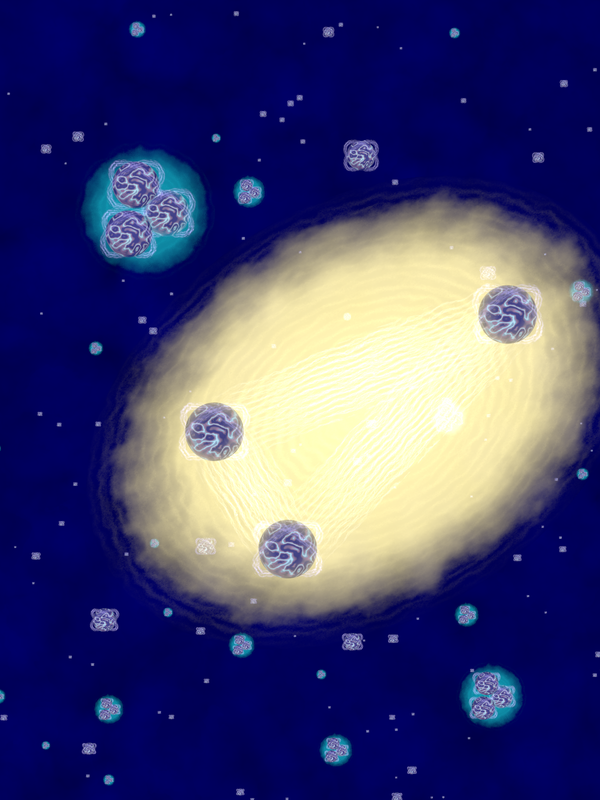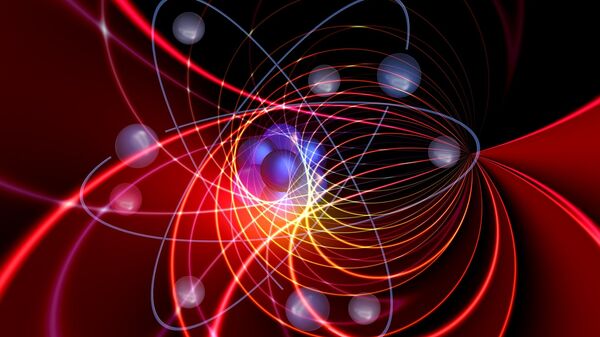A team of physicists have been able to “hold” individual atoms in place in a groundbreaking study published in Physical Review Letters and hailed as a first for quantum physics.
In their experiment, the team of researchers from University of Otago, New Zealand, were able to observe previously unseen atomic interactions that had earlier been studied by means of statistical averaging from tests involving large numbers of atoms.
The study, “Direct Measurements of Collisional Dynamics in Cold Atom Triads”, involved an assortment of equipment including lasers, mirrors, a vacuum chamber, and microscopes assembled in Otago's Department of Physics.
The layout provided the setting to investigate this puzzling quantum process.
"Our method involves the individual trapping and cooling of three atoms to a temperature of about a millionth of a Kelvin using highly focused laser beams in a hyper-evacuated (vacuum) chamber, around the size of a toaster. We slowly combine the traps containing the atoms to produce controlled interactions that we measure," said Associate Professor Mikkel F. Andersen of Otago's Department of Physics.
Once the three atoms draw closer to each other, two form a molecule, and all receive a “kick” from the energy released in the process. The process is magnified and viewed by a microscope camera.
Postdoctoral Researcher Marvin Weyland, who led the experiment, said:
"Two atoms alone can't form a molecule, it takes at least three to do chemistry. Our work is the first time this basic process has been studied in isolation, and it turns out that it gave several surprising results that were not expected from previous measurement in large clouds of atoms."

For the first time, researchers were able to see the outcome of individual processes, and observed a new process where two of the atoms leave the experiment together – something that had eluded researchers in experiments with many atoms.
"By working at this molecular level, we now know more about how atoms collide and react with one another. With development, this technique could provide a way to build and control single molecules of particular chemicals," Weyland adds.
Regarding practical applications of the research, Associate Professor Andersen believes there is potential in using it for development of future quantum technologies that might impact society as much as earlier quantum technologies that brought about the age of modern computers and the Internet.
"Research on being able to build on a smaller and smaller scale has powered much of the technological development over the past decades… Our research tries to pave the way for being able to build at the very smallest scale possible, namely the atomic scale, and I am thrilled to see how our discoveries will influence technological advancements in the future," said Associate Professor Andersen.



